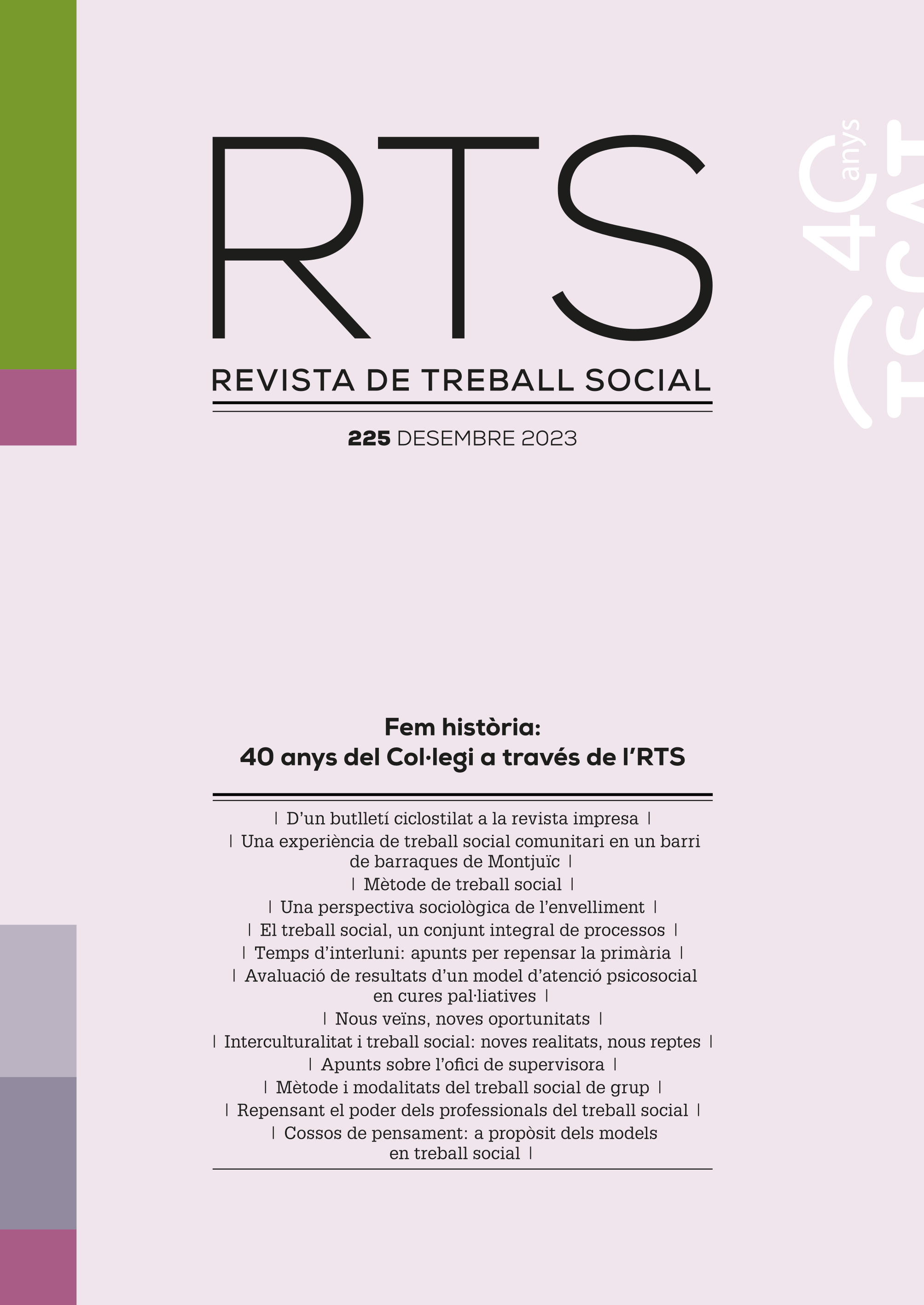This article addresses the role assigned to ageing in relation to the social system via three themes: the organisation of work, family relationships and the overvaluation of youth.
On the labour market, productivity is the ultimate value. A legal age is considered as of which workers are deemed to be less productive and, thus, excluded from the system. When it comes to family relationships, exclusion lies in the fact that even though the elderly provide support with family care, their experiences (outside the productive sphere) are not valued. Moreover, the overvaluation of youth condemns the elderly to marginalisation.
The author notes the contradiction between earlier retirement age and extension of life expectancy. Taking into consideration the fragility of the pension system and the prolongation of a period in which an individual’s financial capacity noticeably declines, the elderly are forced to live a period of passivity.
Lastly, it is emphasised that self-organisation among this growing population group may prove to be a great alternative to exert the necessary political pressure to bring about qualitative changes in the social system over the next decade.





